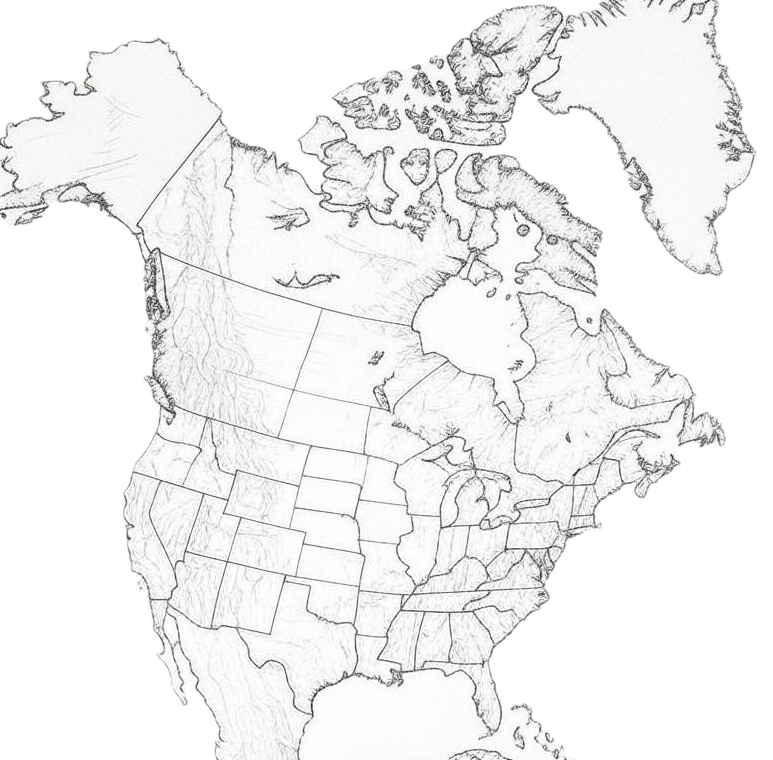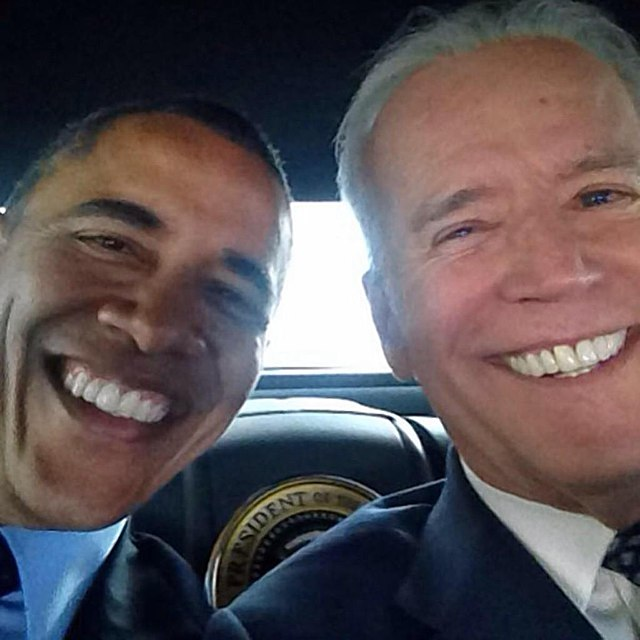
Image by Duel Freq
As tensions ramp up between the U.S. and Iran, following the killing on Thursday of top Iranian Gen. Qassem Soleimani in Baghdad, odds are that Iran will strike back at U.S. and western interests. However, Iran will likely wait weeks or even months before it hits back, including targeting U.S. assets overseas and its allies, including the world’s top oil exporter Saudi Arabia, in addition to targeting more oil and gas shipping in the Strait of Hormuz, the key choke point for oil and gas passing through the Persian Gulf onto international markets.
On 13 June 2019, two oil tankers were attacked near the Strait of Hormuz while they transited the Gulf of Oman. The attacks took place a month after the similar May 2019 Gulf of Oman incident and on the same day the Supreme Leader of Iran Ali Khamenei met with Japanese Prime Minister Shinzō Abe in Iran.
In September, attacks were launched against Saudi Arabia’s oil production infrastructure that knocked out around 5.7 million barrels per day (bpd) of Saudi oil production, more than half of its output, which equates to 5% of global oil production. Washington blamed Tehran for the attacks, while unsurprisingly the Islamic Republic denied responsibility.
Fortunately, for oil markets the Saudis repaired their oil infrastructure more quickly than many initially thought and the hit on oil markets was muted. U.S. oil production strides also helped tone down concern in global oil markets since the U.S. is now averaging an amazing 12 million barrels per day of production.
Oil markets ended the year still moving mostly sideways, in the $50s per barrel range for both global oil benchmark Brent Crude and U.S. oil benchmark West Texas Intermediate (WTI).
This time, however, things could be different. More attacks by Iran, including on oil shipping in the Strait of Hormuz would indicate a further eroding on relations with the U.S. that could push it even closer to a major military confrontation.
Another attack on oil infrastructure in Saudi Arabia would also mark a continued ramp up of Iran’s aggression in the region and provoke a stronger response this time by both the U.S. and ally Saudi Arabia.
But this will play out slowly. With a 5,000 year history, perhaps second only to China’s in terms of duration, the Persian country has learned patience often not understood by the West. After all, many credit chess as being developed by Persian culture or at least their promulgation of the strategic game in its earliest stages.
Hopefully, for both global oil markets as well as global security, cooler heads will prevail. Yet, that is up to Iran, and with its economy in tatters mostly due to U.S. sanctions on its oil exports, the country believes it has little recourse but to strike back – which makes the end game in the ongoing U.S.-Iran problem so uncertain and so dangerous.

























[…] piece originally appeared on CD Media and is used by […]
[…] Will Iran Hit More Oil Tankers In The Strait Of Hormuz? Absolutely […]
[…] Will Iran Hit More Oil Tankers In The Strait Of Hormuz? Absolutely […]
[…] Will Iran Hit More Oil Tankers In The Strait Of Hormuz? Absolutely […]